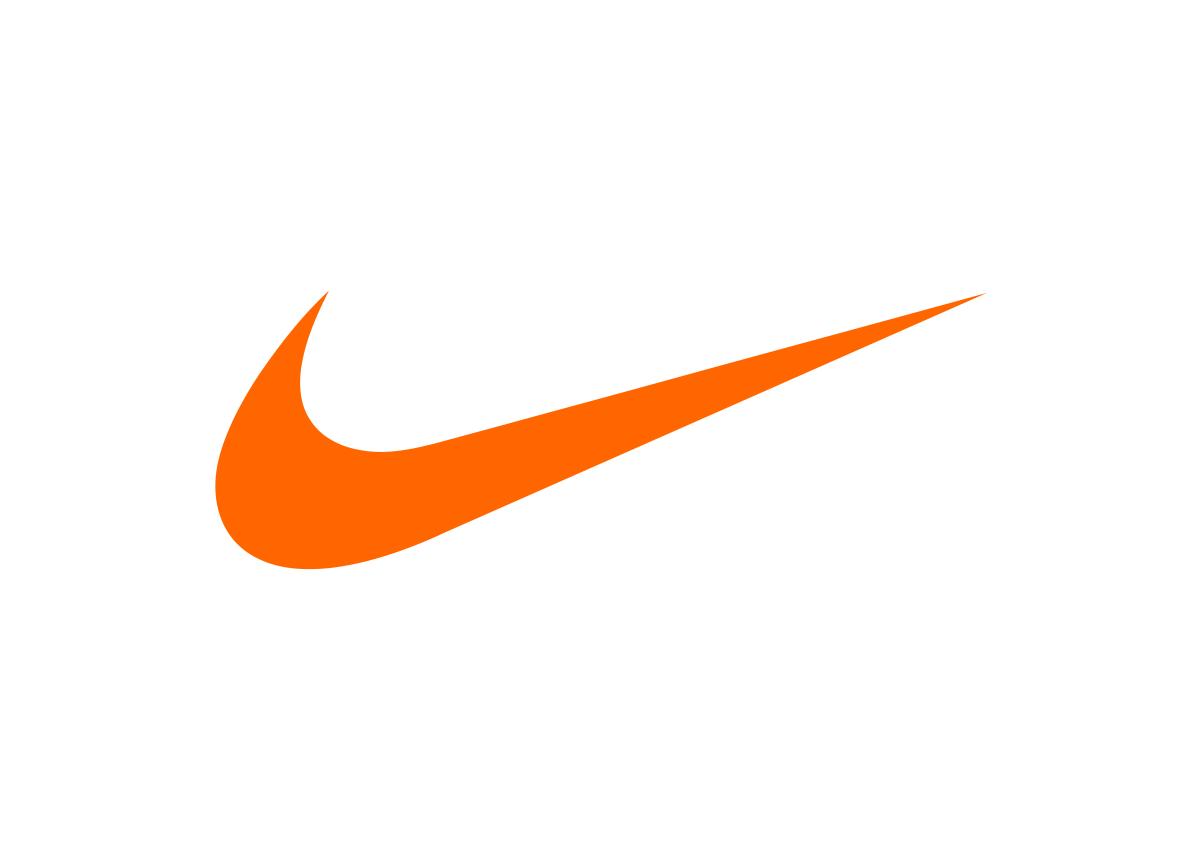Nike shareholders have shown significant, though not majority, support for the company to produce additional information about pay equity among its employees.
The resolution was filed by Arjuna Capital, which has sponsored measures on gender and racial pay-gap disclosure at a number of major US companies in previous years. The proposal filed at Nike requests that the sports gear company ‘report on median pay gaps across race and gender, including associated policy, reputational, competitive and operational risks, and risks related to recruiting and retaining diverse talent.’
It was backed by 29.6 percent of votes cast at Nike’s AGM earlier this month. Governance professionals generally regard such a level of support as significant. Arjuna filed a similar proposal with Nike in 2021 that received backing from 17.6 percent of the votes cast at that year’s AGM.
Arjuna Capital’s supporting statement this year states that ‘[p]ay inequities persist across race and gender and pose substantial risk to companies and society at large. Black workers’ hourly median earnings represent 81 percent of white wages.’ It adds that managing pay equity is associated with improved representation and that diversity is linked to improved stock performance and return on equity. Arjuna Capital writes that ‘best practice pay equity reporting’ consists of:
- Unadjusted median pay gaps, assessing equal opportunity to high-paying roles
- Statistically adjusted gaps, assessing pay between minorities and non-minorities, men and women, performing similar roles.
‘Nike reports only statistically adjusted gaps but ignores unadjusted gaps, which address structural bias women and minorities face regarding job opportunity and pay, particularly when men hold most higher-paying jobs,’ Arjuna states. ‘Median pay gaps show, quite literally, how Nike assigns value to employees through the roles they inhabit and pay they receive. Median-gap reporting also provides a digestible and comparable data point to determine progress over time.’

BOARD OPPOSITION
Nike’s board had urged shareholders to vote against the resolution, writing in the company’s 2023 proxy statement:
- ‘We remain committed to the principle of equal pay for equal work and to enhancing the representation of diverse individuals at all levels of the company
- ‘Our current initiatives and public disclosures, including the pay equity data published in our annual Impact Report, already address the underlying rationale for the proposal and provide our shareholders with more relevant information about Nike’s commitment to pay equity and increasing diversity, equity and inclusion at all levels of the company than [does] the requested measure.’
The board writes: ‘Our pay-equity ratio, which is disclosed annually in our Impact Report, reflects our commitment to deliver equal pay for equal work. Nike defines pay equity as equal compensation for employees across gender, race and ethnicity, who undertake the same work at the same career level, location, experience and performance.
‘We have achieved and maintained a global pay-equity ratio of 1:1 for men to women and a 1:1 pay equity ratio for white employees to racial and ethnic minorities in the [US]. We regularly monitor internal pay infrastructure and annually review our compensation and promotion practices across all geographies, functions and business units with the goal of ensuring we continue to achieve pay equity every year.’
It also argues that a median pay-gap measure aims to compare the pay of two employees ‘whose compensation happens to fall at the midpoint of the pay range among those employees sharing the relevant gender, racial or ethnic characteristic, without adjusting for relevant factors that can explain differences in pay, such as their different role, skills, performance, experience, tenure or location.
‘Although the proposal is aimed at providing transparency with respect to pay equity and equal opportunity, this statistic does not demonstrate whether our [female] and racial and ethnic minority employees are being paid fairly for the roles they are doing, nor does it accurately depict female or racial and ethnic representation at Nike’s different locations around the globe.’
A request for comment from Nike was not returned immediately.









